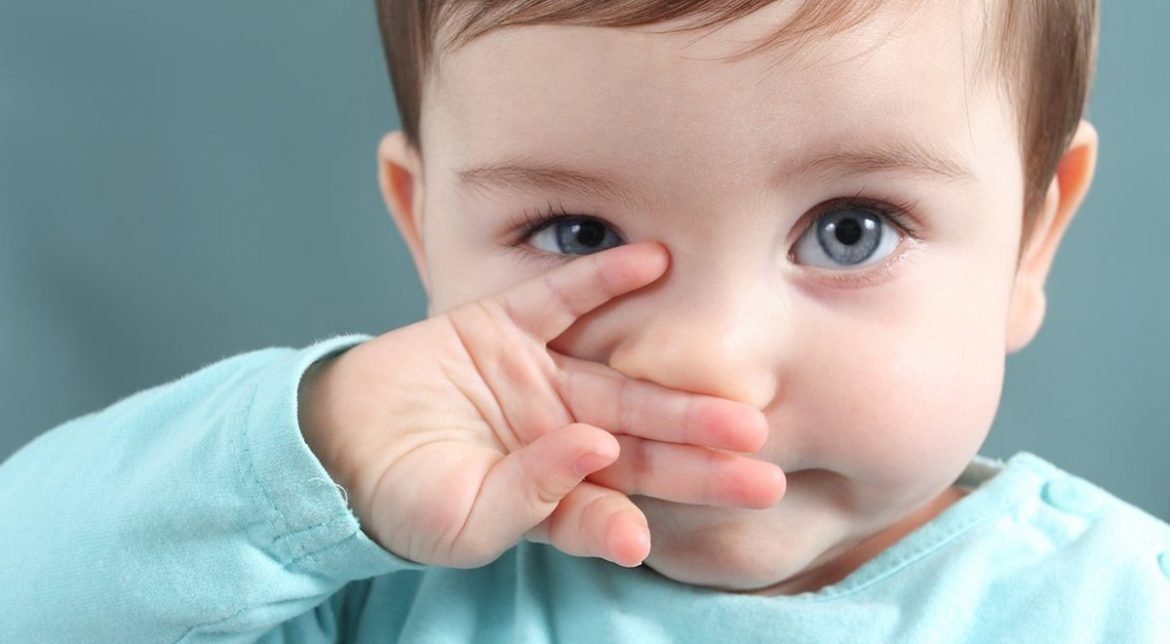Eyes are a true blessing from nature to us. Eyes in our body are considered the most highly developed sensory organ, among others. Furthermore, our brain is indeed busy operating our eyes much more than the other organs attached to it. Touching, hearing, sniffing, and tasting senses are not operational on the level of understanding of sight. Our brain has much more to do with our eyes than any other reason. Because of being the topmost and nearest to the bran, it takes up most of the work for the brain.
Adults, children, and babies, all are a part of eyesight circle. They all face multiple visionary phases and problems with different reason and their sources. And if anyone of them faces a bad experience related to their eyesight, they will do anything to recover it quickly. It’s our human nature to stay safe from every minor and major difficulty related to our health. But if we come across any health problem coincidently, than we make sure we recover from it as fast as possible.
Importance of eyesight in our life
Imagine losing your sight due to a sudden accident or getting yourself hit in the head? How strongly and deeply it will affect you, your life, and your daily routine? Sadly, this feeling of grief and fear is felt by every other individual out there who has perfect eye sights. Even the thought of losing your eyes shivers you down to your spine. That’s how much our eyesight is essential to us.
While living our lives carelessly, eyesight does not bring in much concern into a person until it starts getting uncomfortable seeing. One would take notice of his eyesight importance until something is wrong with it. To stay away from any sudden incidents related to eyesight, you should always keep a thorough check-in of what and where you are using your vision.
Eyesight problems in children
Adults are not the only victims of lousy eye sights. Children of today are counted equal in facing eyesight problems due to multiple reasons. Some of the widespread reasons are excessive screen time, bad sleeping routine, late-night sight use, experimenting with the eyeball, pressure application on eyes in the form of rubbing and hard exercising, dirt or direct contact with sunlight, etc. These are the most straightforward reasons that cause discomfort to our eyes.
While mentioning children and babies, their eyesight issues may come in different forms. Babies usually face eyesight issues after being born with evil eyesight inheritance. Also, there can be a reason where their eyes start developing a problem on their own. Eyesight problems usually occur due to some bad habits. To discuss these habits in detail, let’s move on with our details below.
Habits that affect our eyesight (adults)
- Too much screen time: If your work concerns more screen time daily, it’s a must that you will be a victim of eyesight spectacles. Almost 64% out of 75% of adults worldwide use eyesight glasses, and most of them are women. Screens have affected our eyes at a higher level since the invention of hand carrying devices. Ipads, laptops, tablets are considered much eyesight effectors more than any other screen devices.
- Sleepless nights: Having a wrong sleep schedule also affect our eyesight. Sleeping at a wrong time with puffy eyes and irritated eyelids cause discomfort in shutting them frequently. And waking up with tired eyes put more pressure over eyesight.
- Wearing contact lenses: People who use contact lenses more frequently tend to damage their pupils more than other people. Wearing glasses for a more extended period applies to damage to our eyes and sight.
- Rubbing too hard: It’s strongly suggested that rubbing or pushing our eyeballs damages the eye deeply. Tired eyes bring out the instinct of rubbing them with pressure, but one must know that it will hurt the eyes more instead of relaxing them.
- Bad diet: Daily eating affects your eyesight too. A more healthy diet means more nutrition for vision, but lousy meal times, along with artificial foods, do not provide complete energy and nourishment to your eyes.
Signs of lousy vision in children and babies
Signs of vision problems in babies and children are found different than adults. Infants with eyesight issues have different signs presenting through eye behavior, and children with more sight activities face various problems. Let’s look at some significant symptoms related to eyesight and their solution in the below statements:
- A newborn child receives his vision right after the first three months of his life. His eye movement becomes bright and noticeable. But still, if your child is not responsive to change around him, note that he is finding difficulties with his eyesight. Make sure to keep practicing movements in front of him so that you can see if the problem is there or not. Consult your doctor for the solution to this problem.
- A baby’s eyesight becomes more evident and fast after six months. If your child is still having issues with the cornea or eyeball stability (both eyeballs trigger in different directions for a moment), it should be considered abnormal and consulted to a child eye specialist.
- Older than toddlers, children with above three age face little different issues related to eye sights. These problems include misaligned eyeballs, white or grayish color in the pupil, fluttering eyes, eye pain, itchiness, redness, pus or crust in eyes, watery eyes, drooping eyelids and sensitive to light eyes.
The above statements are the problems that babies and children commonly face during their growth. So to keep a proper checkup relate to your child’s eyesight health, make sure you adjust regular eye checkup appointments for your baby. Following a detailed check over your baby and child health is a prioritizing duty as being parents, and we must look forward to it with utmost importance. Eyesight is a huge blessing, and it shouldn’t be avoided at any cost.
